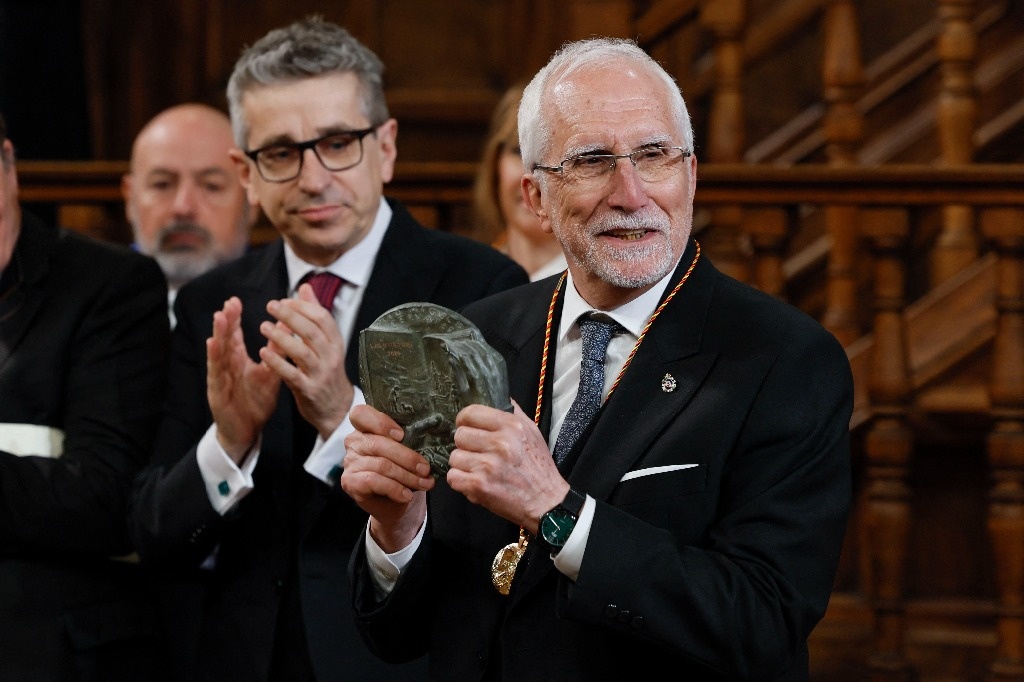featured
The US vetoes Palestine’s entry into the UN as a full member
Madrid. The United States vetoed this Thursday during a vote held in the UN Security Council the entry of Palestine as a full member of the international organization within the framework of a process that …
The US vetoes Palestine’s entry into the UN as a full member
Madrid. The United States vetoed this Thursday during a vote held in the UN Security Council the entry … Read more

“Telling life was my aspiration”: Mateo Díez
Madrid. In the auditorium of the University of Alcalá de Henares, the writer Luis Mateo Díez, originally from … Read more

Djokovic and Bonmatí, winners of the Laureus sports awards
Madrid. The number one tennis player in the world, Novak Djokovic, the winner of the Ballon d’Or, the … Read more

A social change would explain the fall in male genetic diversity in the Neolithic
Paris. The notable drop in male genetic diversity recorded thousands of years ago around the world would be … Read more

Foundever inaugurates its new site in Rabat, strengthening its presence in Morocco
The company Foundever, specializing in customer service solutions, officially inaugurated its new site in Rabat on April 23, … Read more



